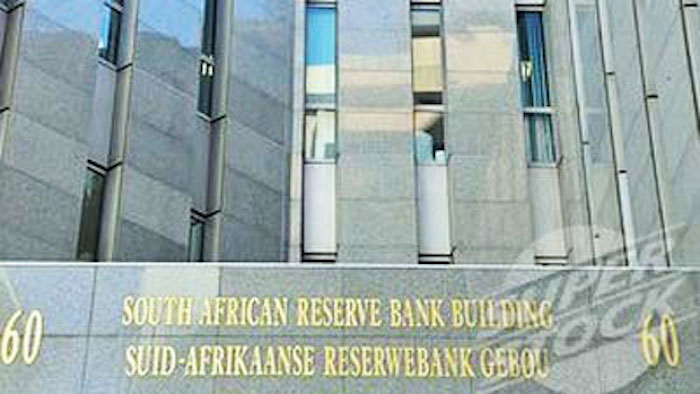Consumers can expect to fork out more as food prices continues to swell. This comes as the South African Reserve Bank announced an increase in the repo rate on Thursday. Governor of the South African Reserve Bank Lesetja Kganyago says since the previous meeting of the Monetary Policy Committee, inflation has exceeded as pressures from higher food prices in particular have intensified.
The year-on-year inflation rate has increased in all urban areas from January to 6.2 per cent, up from 5.2 per cent in December. Food price pressures have intensified, with food and non-alcoholic beverages accelerating to 6.9 per cent, up from 5.9 per cent previously.
Goods price inflation increased from 4.6 per cent to 6.5 per cent, mainly due to higher food prices and base effects of petrol prices, while services price inflation increased from 5.7 per cent to 6.0 per cent. The Bank’s measure of core inflation, which excludes food, fuel and electricity, which had been relatively stable for some time, increased from 5.2 per cent in December to 5.6 per cent in January. Part of this may reflect some evidence of higher exchange rate.
Inflation is then expected to remain within the target range for the rest of the forecast period. These changes are due to the higher interest rate assumption following the increase in the repo rate at the previous meeting, a slightly less depreciated exchange rate assumption, and downward revisions to the international oil price and electricity tariff assumptions.
This follows Nersa’s decision to grant a lower tariff adjustment of 9,4 per cent to Eskom resulting from an increase of domestic challenges
Chief Economist of Efficient Group Dawie Roodt warns consumers will find themselves spending more on repayments of debt having less buying power as consumer income repays unchanged.
“Ordinary people will find themselves having less in their shopping bags but paying more money for the items they need,” says Roodt.
Roodt says that a hike in food prices will devastate the low end earners.
“The poor will be mainly affected by the increase of prices. They will not be able to afford food. Basic essentials like bread and rice prices have influx,” says Roodt.
The impact of increased prices will determine a higher standard of living for all South Africans. Roodt says the prices will vary amongst consumers depending on their income.
“Wage earners will have less money to spend and find themselves having less money in their pockets,” says Roodt.
VOC






 WhatsApp us
WhatsApp us 

